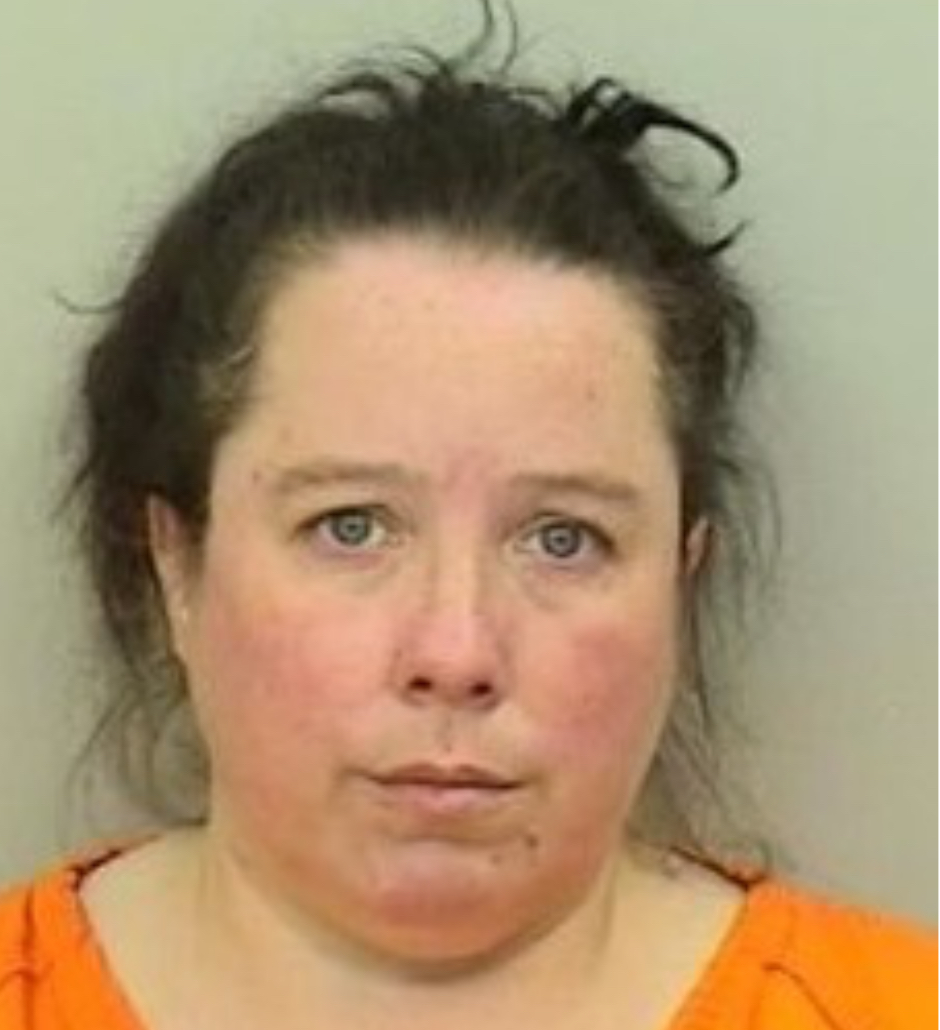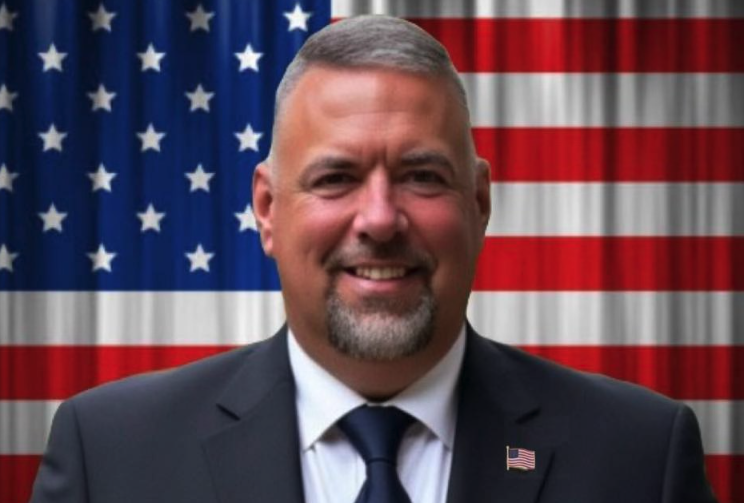Jim Beam column:Why are groceries so high?
Published 6:32 am Saturday, September 28, 2024

- The proposed merger of Kroger's and Albertsons is being challenged by the Federal Trade Commission. High prices are a major issue.(Photo courtesy of The Brand Hopper).
The country’s inflation rate is down to 2.5% after reaching 9.1% in 2022. However, consumers are still complaining about high prices, particularly those at the supermarket.
Two recent news reports had some answers as to why grocery prices are so high. Some consumers are blaming high prices on inflation and President Joe Biden but, really, whose fault is it?
Lesley Stahl of “60 Minutes” got some answers on that program Sunday from Lina Khan, the youngest chairperson ever of the Federal Trade Commission (FTC). Khan said much of the blame for exorbitant prices on everything from food to concert tickets is widespread corporate consolidation.
Trending
Stahl said Khan has led the FTC in “breaking illegal monopolies, blocking mergers that stifle competition and protecting consumers from a system Lina Khan says is rigged against them…”
The Washington Post in a Tuesday news report on grocery chains said over the past three decades the traditional supermarket industry shrunk as a handful of big-name grocers acquired their smaller local and regional rivals.
The newspaper said just three corporations — Walmart, Kroger and Costco — generated about half of the $1 trillion in U.S. grocery sales in 2023.
The Post said the White House Council of Economic Advisers earlier this year said since the pandemic, the major national chains have been operating at the highest profit margins on groceries in two decades.
CBS Money Watch price tracker said since 2019, the average price of a dozen eggs has risen 126%, while the price of a loaf of bread jumped 54% and a pound of chicken breast rose 33%. Overall, grocery costs have jumped about 25% since January 2020.
Khan, in Aug. 1 prepared remarks, said, “We want to make sure that major businesses are not exploiting their power to inflate prices for American families at the grocery store.”
Trending
The Post quoted Susan Musser, the FTC’s chief trial counsel who gave opening arguments in the agency’s lawsuit aimed at blocking the merger of Kroger and Albertsons.
“60 Minutes” called the merger the largest proposed grocery merger in U.S. history. And both companies insist their proposed $24.6 billion deal would allow them to lower prices.
However, Musser said the proposed merger raises the possibility that some consumers will have no choice but to pay higher prices if all — or the majority — of stores in their area are owned by the same company.
A Kroger spokesperson the Post quoted said if the merger is blocked “grocery prices will be higher and the larger, non-union retailers Walmart, Costco and Amazon will become even more powerful and unaccountable.”
CBS said the FTC grocery lawsuit focuses on Kroger and Albertsons, which together have nearly 5,000 locations across the country.
Khan told Stahl, “Too often fewer and fewer companies are controlling more and more of the market. And what that means is companies can start ripping you off, hiking prices, stealing from you.”
Stahl asked, “So instead of inflation, are you contending that it’s greedflation? That these monopolies are deliberately hiking prices?”
Khan said the FTC had seen some executives boast on earnings calls about how inflation is great for their bottom line.
Stahl said the FTC is reversing a hands-off policy on mergers introduced by President Ronald Reagan and adopted by all presidents since, including Bill Clinton and Barack Obama, “until President Biden put an end to it.”
Stahl quoted Biden, who said in 2021, “We are now 40 years into the experiment of letting giant corporations accumulate more and more power, and where — what have we gotten from it? Less growth, weakened investment, fewer small businesses.”
Biden appointed Khan as chairperson of the FTC and the Justice Department unleashed a crackdown, suing scores of companies.
It will be interesting to hear what the court has to say about the Kroger-Albertsons merger. Would it cause prices to rise or would they fall? The facts may be hard to find, but perhaps it really doesn’t matter because everything these days is pretty much reduced to politics.
Axios said a survey done for the American news website found that Republicans are twice as likely as Democrats to blame the government for inflation and high prices while Democrats are twice as likely as Republicans to blame corporate greed.
No surprises there. Perhaps both share the blame.
Jim Beam, the retired editor of the American Press, has covered people and politics for more than six decades. Contact him at 337-515-8871 or jim.beam.press@gmail.com.
| ReplyForward
Add reaction |





